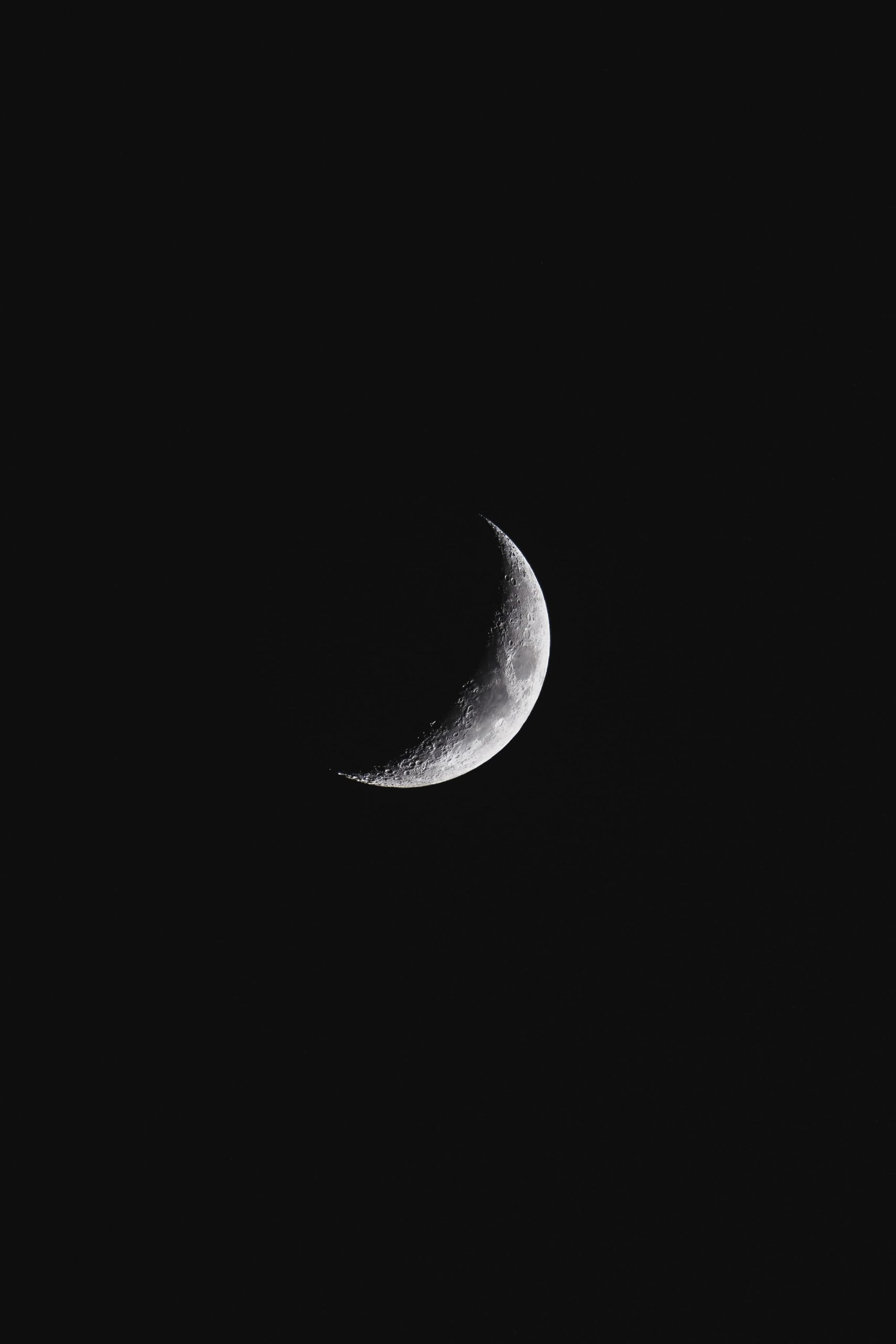The Meaning of Feng Shui in Tamil: A Deep Dive into Ancient Practice
Have you ever heard of the term “Feng Shui”? If you’re familiar with this ancient Chinese practice, you may be surprised to learn that its principles and concepts extend beyond its place of origin. Today, we’ll take a closer look at the meaning of Feng Shui in Tamil culture, exploring its origins, core principles, and practical applications. Whether you’re a believer in the power of energy or simply curious about different cultural practices, this blog post will provide you with an in-depth understanding of Feng Shui in the Tamil tradition.
Feng Shui, also known as Vastu Shastra in Tamil, is an ancient art and science that originated in China over 3,000 years ago. Combining the words “Feng” (wind) and “Shui” (water), Feng Shui aims to create harmony and balance by harnessing the natural energies present in our surroundings. In Tamil Nadu, the practice is known as “Vaastu,” derived from Sanskrit, highlighting the cultural influence on this ancient practice.
1. Origins of Feng Shui in Tamil Culture:
In Tamil Nadu, the practice of Vaastu Shastra can be traced back to ancient texts such as the “Manaiyadi Shastram” and the “Mayamata.” These texts lay out the guidelines and principles for the construction of buildings and the arrangement of objects within them, all aimed at promoting positive energy flow and harmony. Like its Chinese counterpart, Vaastu Shastra acknowledges the interplay of elements such as the five elements (earth, water, fire, air, and space) and the eight directions (north, south, east, west, northeast, northwest, southeast, and southwest).
2. Core Principles of Feng Shui in Tamil:
At the heart of Feng Shui in Tamil culture lies the belief that our surroundings have a profound impact on our overall well-being. By aligning our living spaces with the natural forces and energies, we can enhance our health, relationships, and prosperity. Some of the core principles of Vastu Shastra in Tamil include:
i. Bhoomi – The Site: The selection of the site for constructing a building is of utmost importance in Vaastu Shastra. Factors such as the slope of the land, soil quality, and surrounding environment are carefully considered to establish a harmonious connection between the building and the earth.
ii. Vastu Purusha Mandala: Derived from ancient Hindu mythology, the Vastu Purusha Mandala is a square grid representing the energy field of a building. Each square in the grid is associated with a specific deity and element, and the proper placement of rooms and objects within this grid is believed to encourage positive energy flow.
iii. Pancha Bhootas – The Five Elements: Vaastu Shastra acknowledges the significance of the five elements in creating balance and harmony. Each element (earth, water, fire, air, and space) has specific qualities and is associated with particular directions. For instance, earth is associated with the southwest and northeast directions, while fire is connected to the southeast.
iv. Colors and Materials: The choice of colors and materials in the design and decoration of a space plays a crucial role in Vaastu Shastra. Each color and material carry specific energies that can influence the occupants of a building. For example, warm tones like red and orange are believed to promote energy and passion, while cool colors like blue and green have a calming effect.
3. Practical Applications of Feng Shui in Tamil Culture:
Vaastu Shastra has practical applications in various aspects of Tamil culture, including architecture, interior design, and even urban planning. Here are some common practices observed in Tamil Nadu:
i. Directional Alignment: Buildings in Tamil Nadu are often constructed with careful consideration of the cardinal directions. The main entrance of a house is usually oriented towards the east, symbolizing the rising sun and new beginnings. Bedrooms and prayer rooms are often located in the northeast, associated with spiritual energy.
ii. Sacred Spaces: By creating dedicated spaces for prayer and meditation, Tamil households incorporate Vaastu Shastra into their daily routines. These areas are often located in the northeast portion of a home, believed to be the most sacred.
iii. Water Features and Gardens: The presence of water features, such as fountains or small ponds, is common in Tamil homes. Water symbolizes wealth and abundance, and incorporating these elements is believed to attract positive energy.
iv. Clutter-Free and Organized Spaces: A fundamental principle of Vaastu Shastra is the importance of a clean and clutter-free environment. Creating organized spaces helps promote positive energy flow and allows the occupants to feel more at ease.
In conclusion, Vaastu Shastra, the Tamil derivation of Feng Shui, is a deeply rooted practice that holds significant importance in Tamil Nadu. By recognizing the interplay of elements, directional alignments, and the choice of materials, believers in Vaastu Shastra strive to create harmonious living spaces that promote overall well-being. Whether you choose to adopt these principles in your own life or simply appreciate the rich cultural heritage behind this ancient practice, exploring the meaning of Feng Shui in Tamil culture offers valuable insights into the power of environment and energy.
Table of Contents
